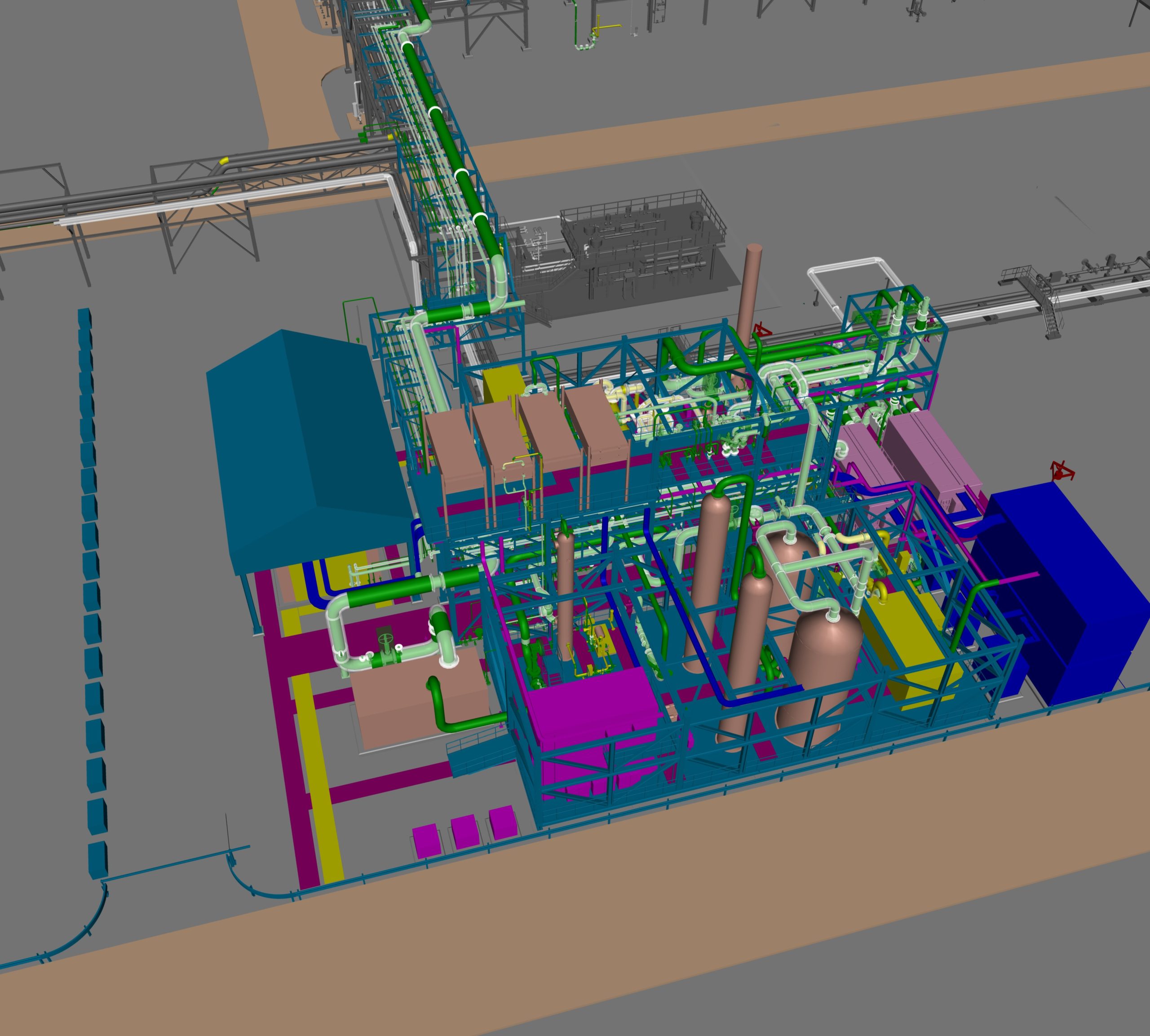March 13, 2025
Pilot Testing is a Crucial Step in the Development of the Innovative CFC Technology
The Carbonate Fuel Cell (CFC) technology is a promising solution to capture CO2 emissions from industrial facilities. The innovative CFC technology can capture CO2 from exhaust streams preventing it being released into the atmosphere, while also generating additional value streams, effectively lowering the cost associated with carbon capture and storage. The technology produces low-carbon power, heat, and hydrogen as valuable co-products.
FuelCell Energy originally developed CFC technology for small-scale power generation using natural gas. ExxonMobil and FuelCell Energy have been working together for several years on a next-generation design that would expand its application to capturing CO2 at large-scale industrial sites.
Now, the time has come to bring the technology out of the lab and into the real world, with the CFCPILOT4CCS project, that brings a pilot plant as the first step. Pilot testing is essential because it provides valuable data and insights that cannot be obtained through theoretical models or smaller-scale tests. By understanding how the technology performs in a real-world setting, ExxonMobil and FuelCell Energy can refine the technology to ensure it is ready for broader deployment. The CFCPILOT4CCS project will mark the first time the CFC technology is used to capture CO2 from a working industrial site. The objectives of this pilot plant are:
- to collect data on performance and usability of the CFC technology;
- to address possible technical issues that may occur in a commercial environment;
- to better understand the costs of installing and operating a CFC plant for CO2 capture.
When the CFC technology is technically ready for broad industrial deployment is could potentially offer economic decarbonization solutions for customers from a wide range of industries. The technology could also be deployed at other ExxonMobil manufacturing sites to reduce emissions.

